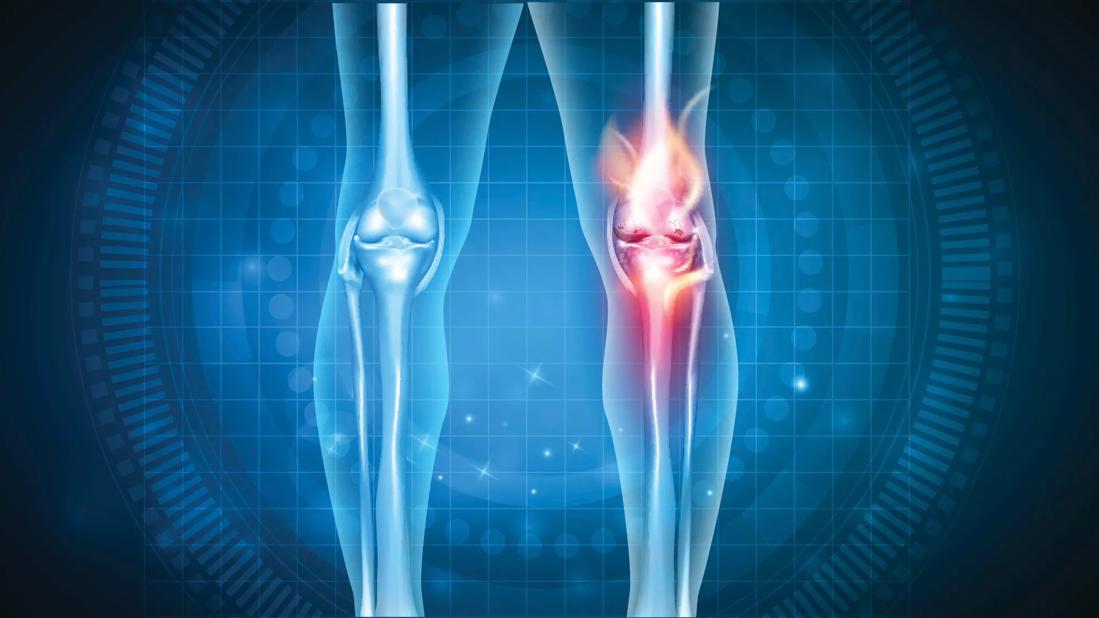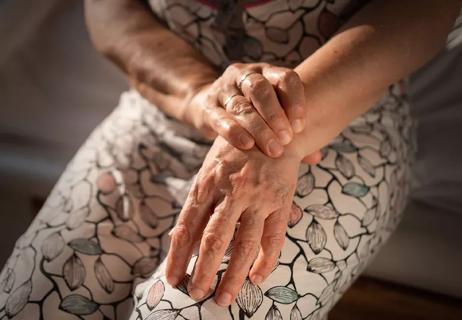Advertisement
The Short Answer from a rheumatologist

A.: Most people fully recover from reactive arthritis, but it may take a few months to a year. Some people have symptoms long-term.
Advertisement
Cleveland Clinic is a non-profit academic medical center. Advertising on our site helps support our mission. We do not endorse non-Cleveland Clinic products or services. Policy
Reactive arthritis is joint pain and swelling triggered by an infection in another part of your body. The infection often can be cultured from the gastrointestinal tract or bladder, but not from the affected joints. Reactive arthritis occurs in some people after an infection with Chlamydia trachomatis, which is sexually transmitted, enters the bladder. Reactive arthritis also can result from infection with bacteria that enter the gastrointestinal tract from contaminated food.
Early on, reactive arthritis is treated with nonsteroidal anti-inflammatory drugs (NSAIDs) such as naproxen (Aleve®) or celecoxib (Celebrex®) to relieve pain and reduce swelling. Some people benefit from injections of corticosteroids. Exercise to strengthen muscles and improve flexibility also is recommended.
If symptoms continue, your doctor may prescribe a disease-modifying anti-rheumatic drug (DMARD), such as sulfasalazine or methotrexate. Stronger drugs called biologics also may be used.
— Rheumatologist Chad Deal, MD, Head of the Center for Osteoporosis and Metabolic Bone Disease, Cleveland Clinic
Advertisement
Learn more about our editorial process.
Advertisement

Research doesn’t show any benefits to wearing copper bracelets — but your experience may vary

Yes, your genetic makeup may increase your risk of developing arthritis, but other factors like age and weight can play a role, too

Both types of therapy work differently, but they can both alleviate symptoms — especially when you alternate methods

The process usually starts with your primary care provider, who may refer you to a rheumatologist or orthopaedist

Exercising can actually improve arthritis symptoms — and low-impact exercises are best

Simple exercises like tendon glides and finger lifts can have a big impact

Research is inconclusive, so don’t stop eating tomatoes, potatoes and peppers just yet

Adding these simple foods to your diet can make a big difference

If you’re feeling short of breath, sleep can be tough — propping yourself up or sleeping on your side may help

If you fear the unknown or find yourself needing reassurance often, you may identify with this attachment style

If you’re looking to boost your gut health, it’s better to get fiber from whole foods